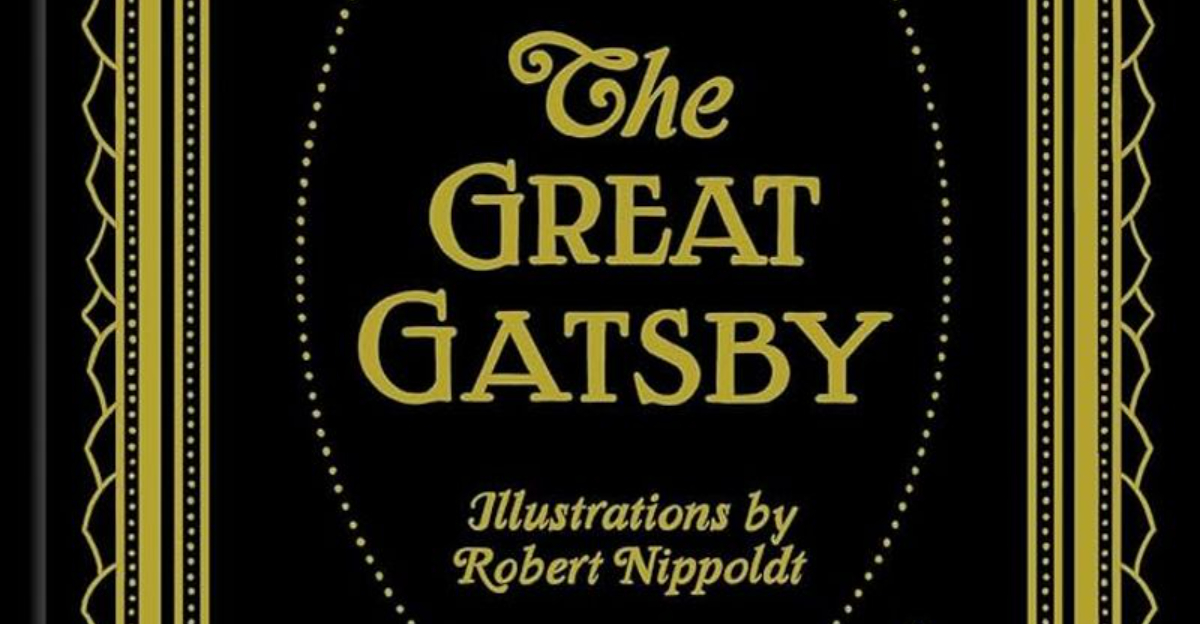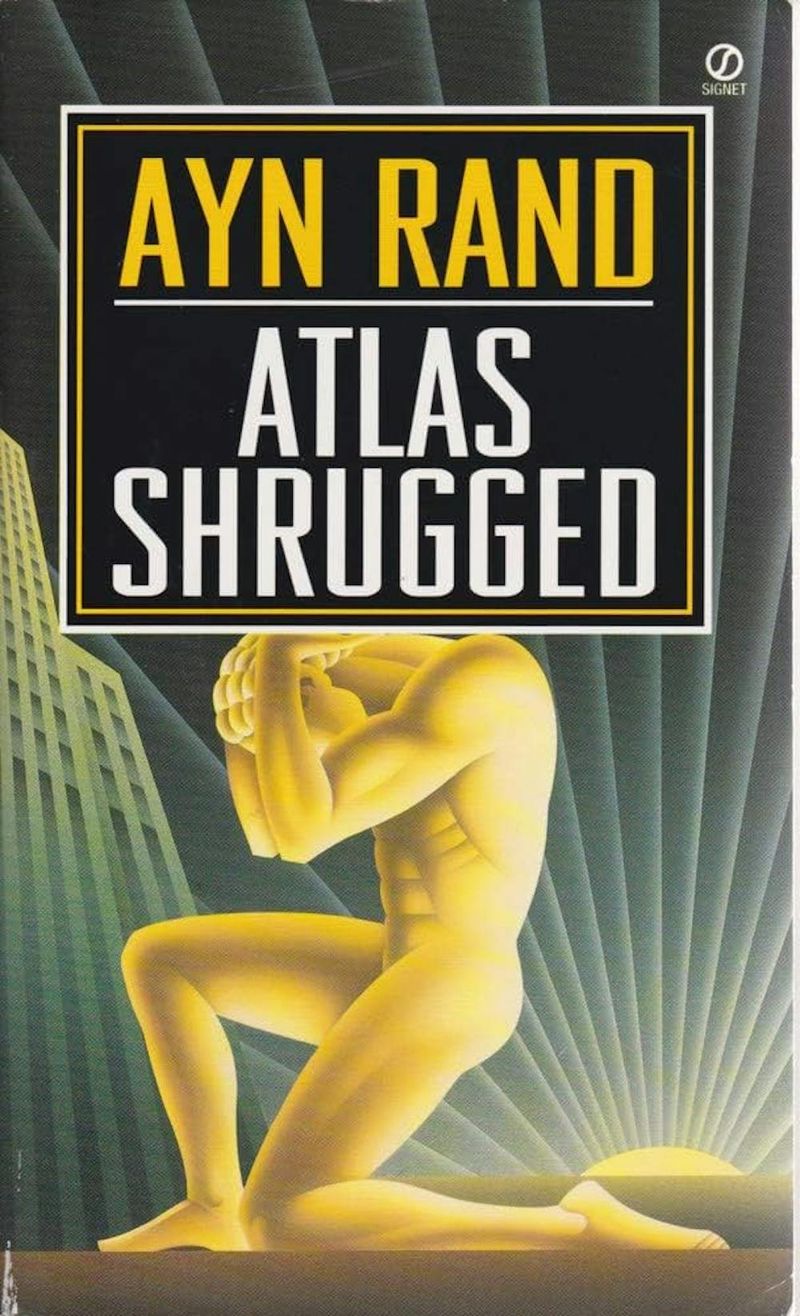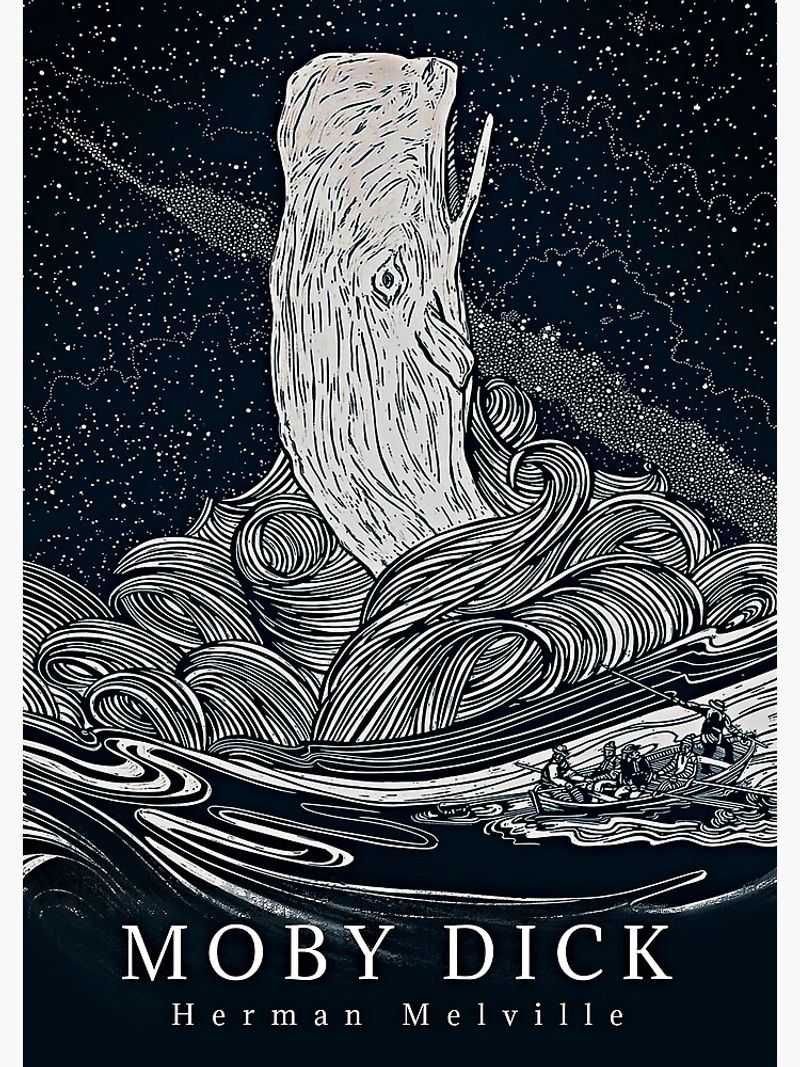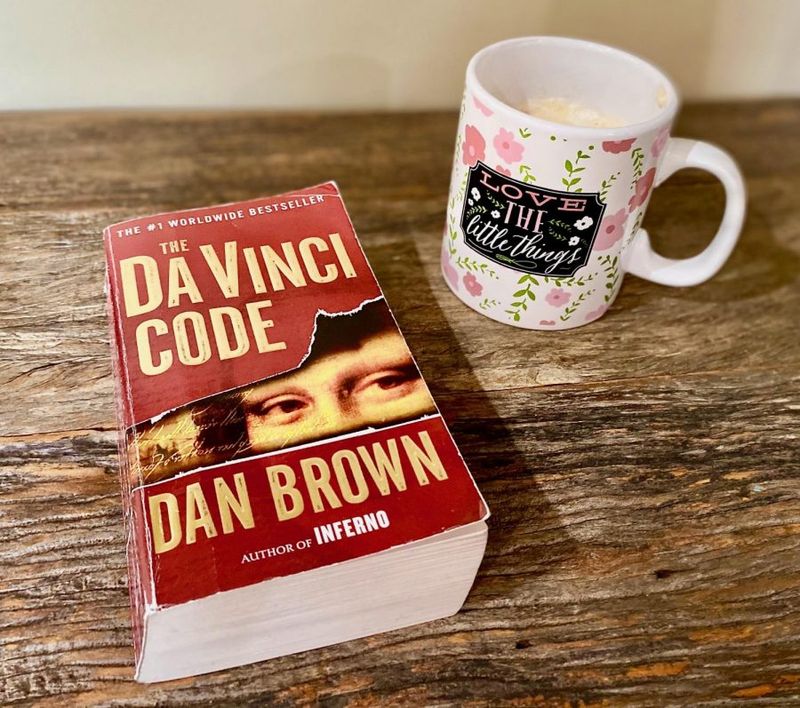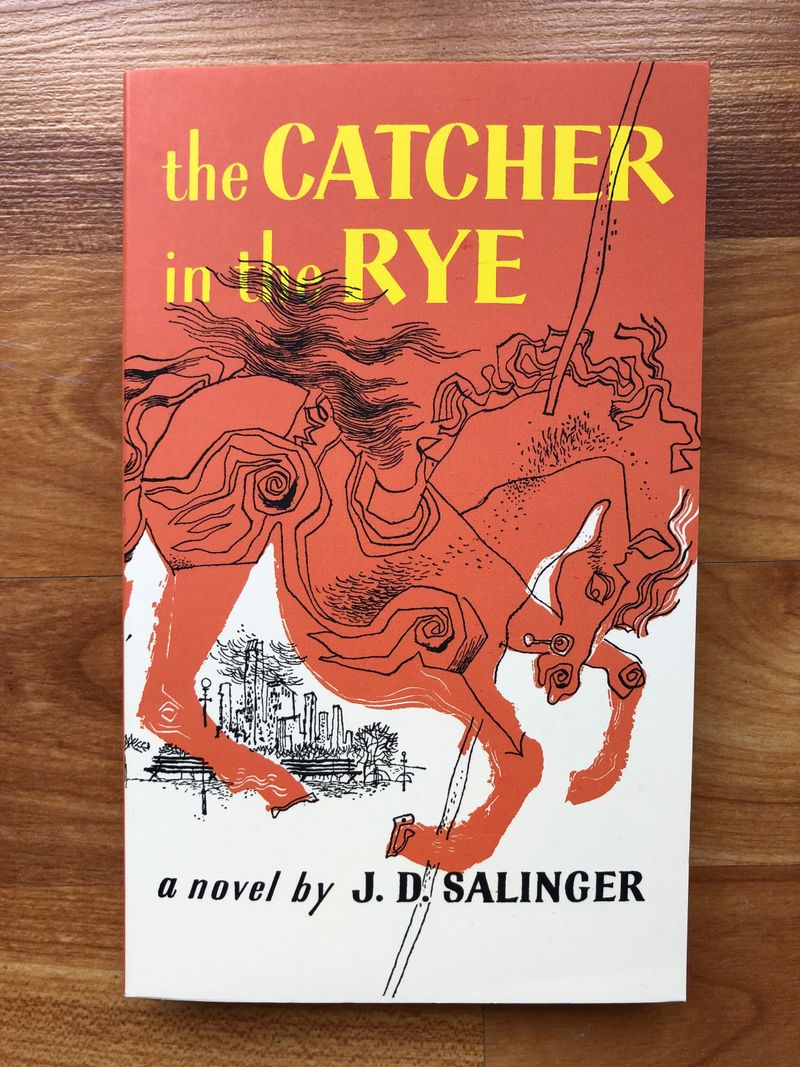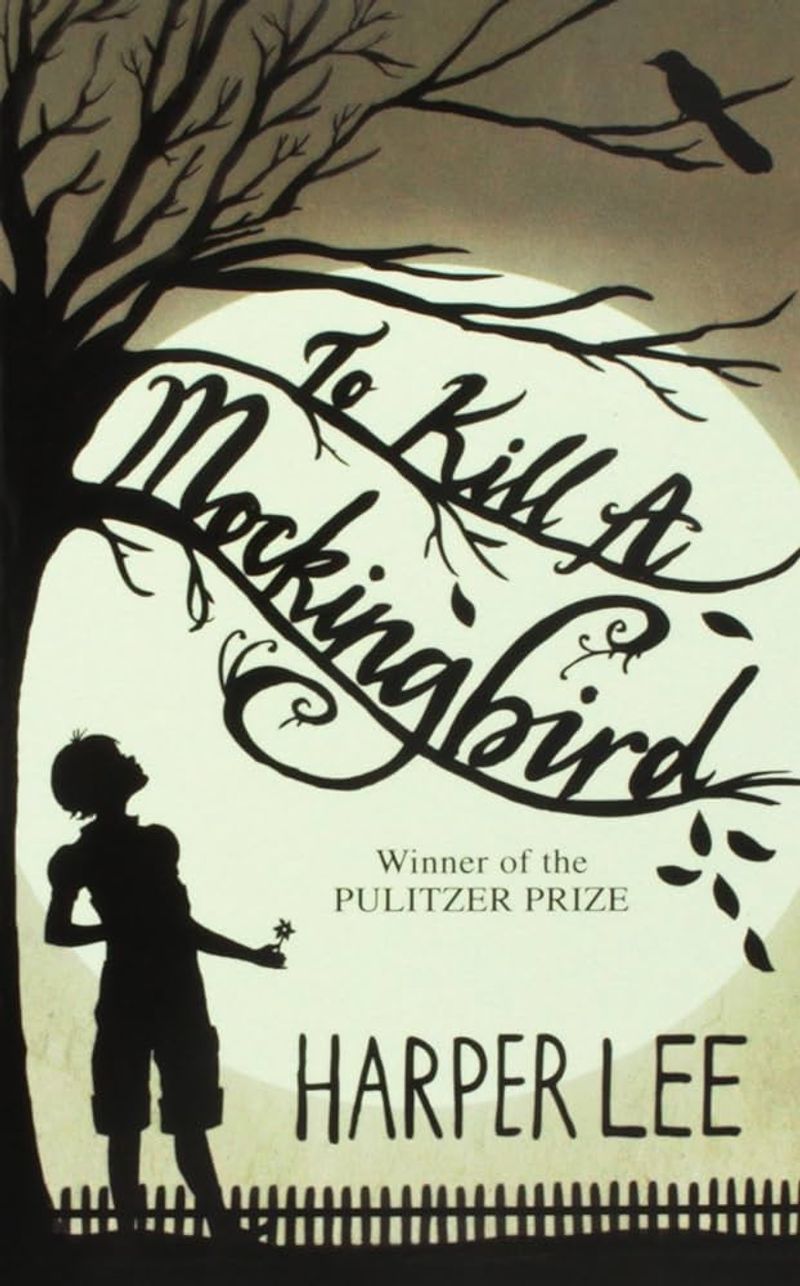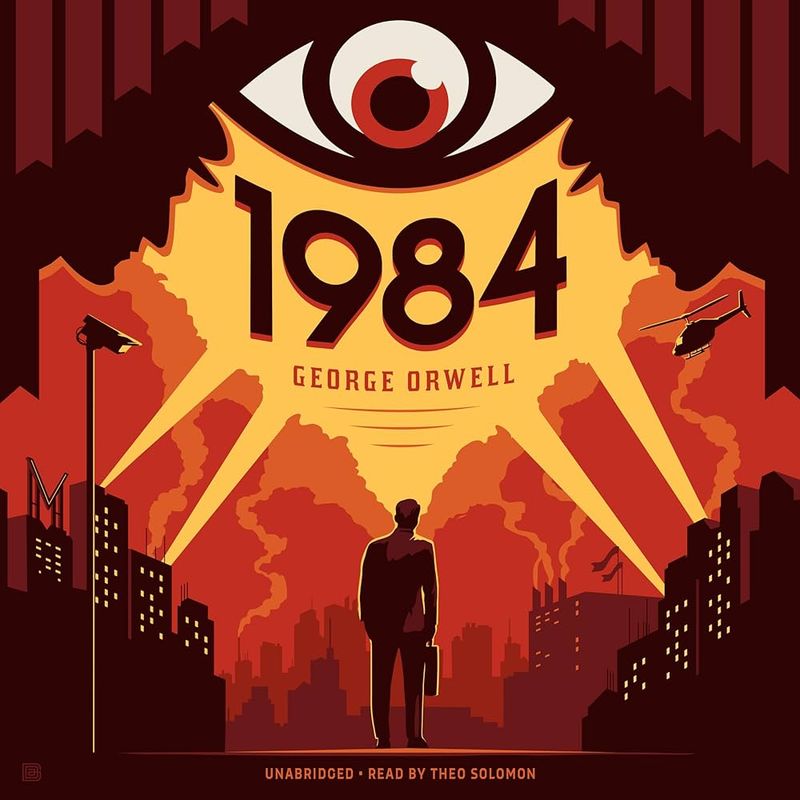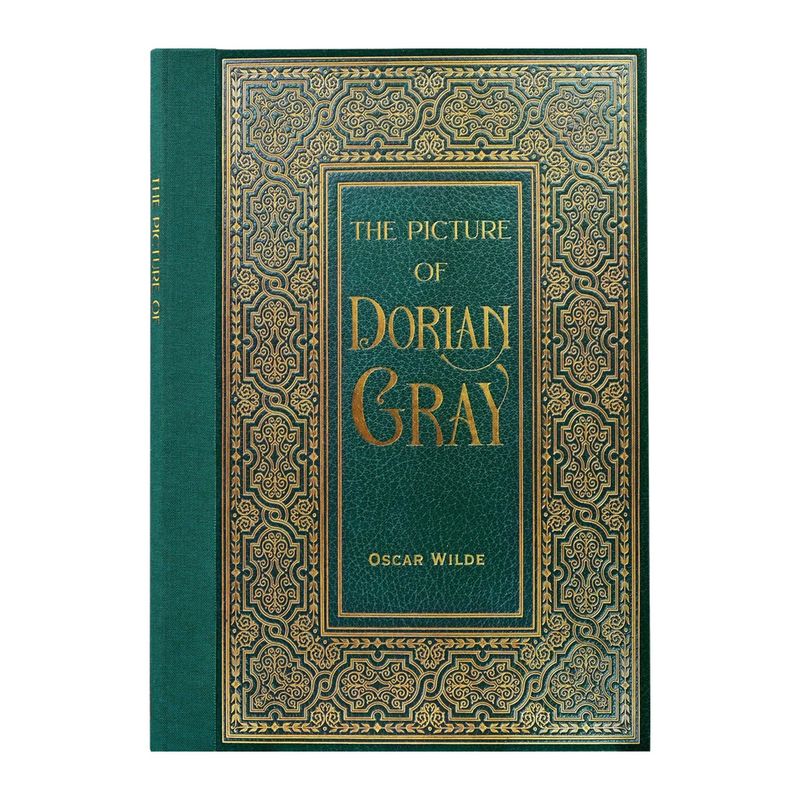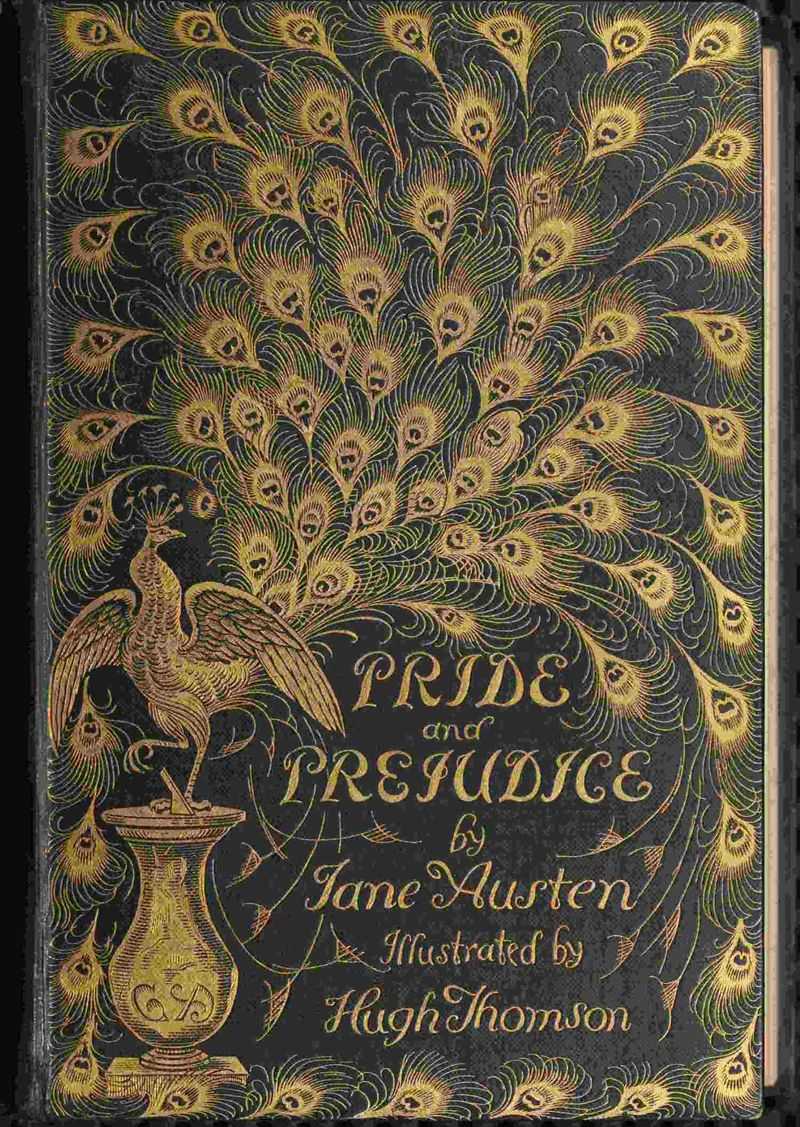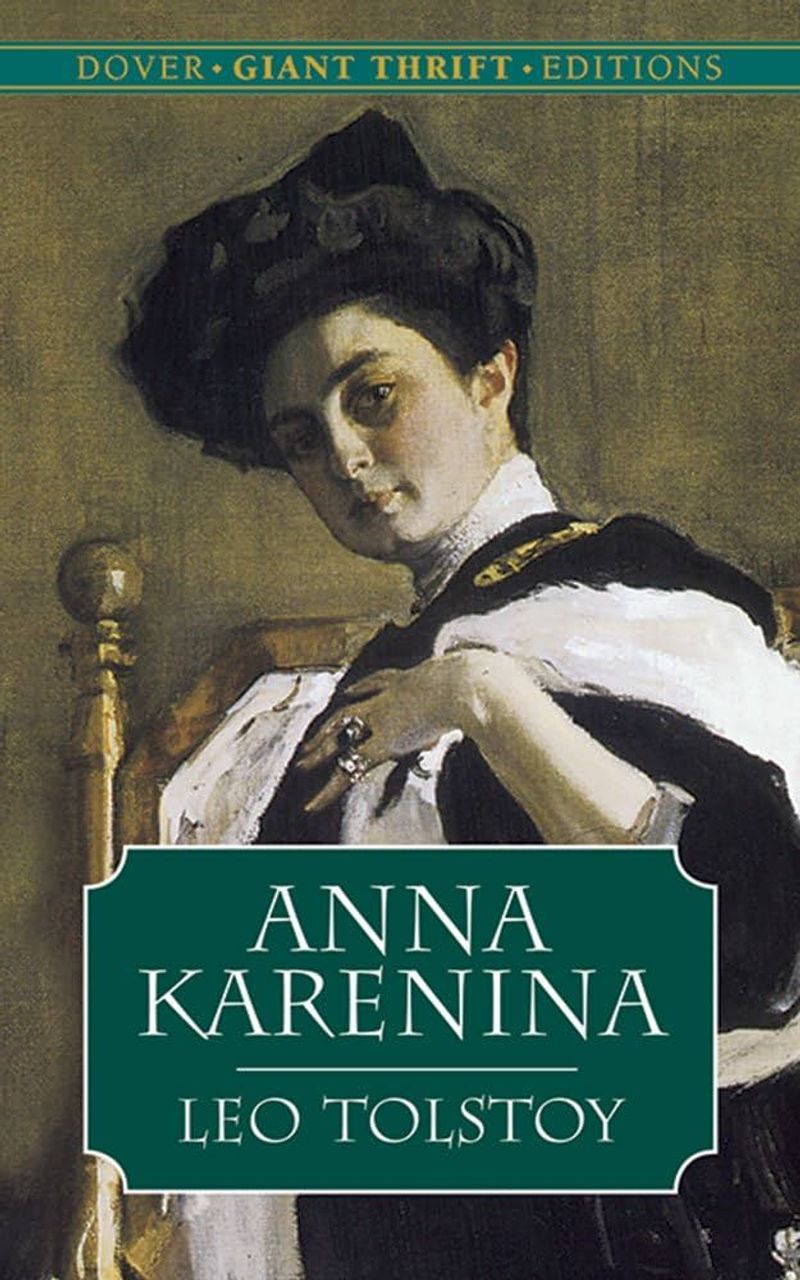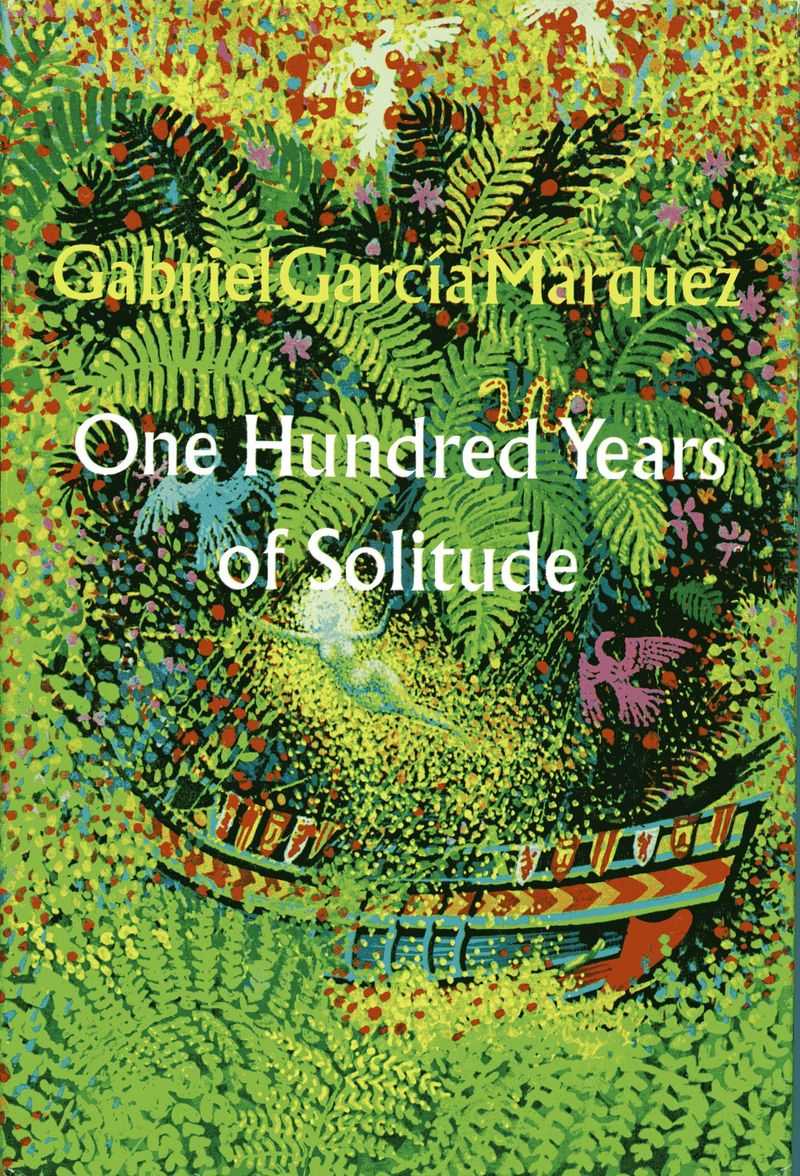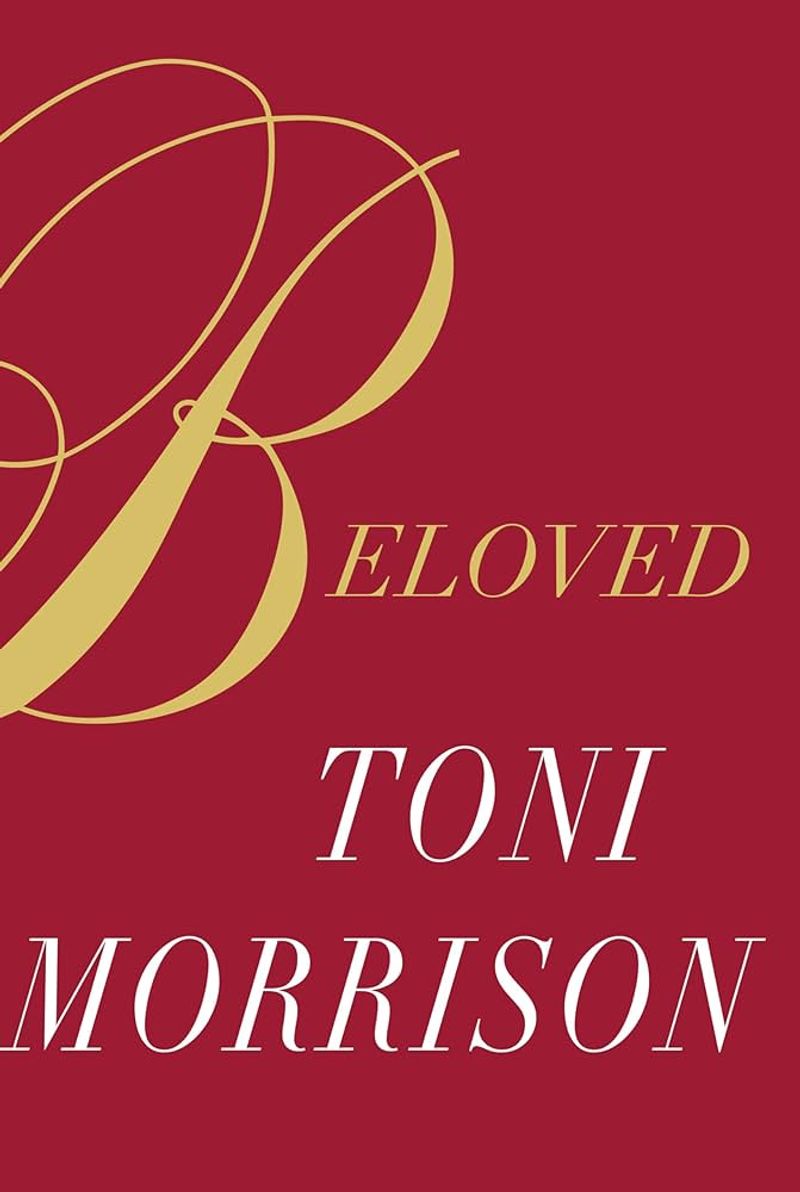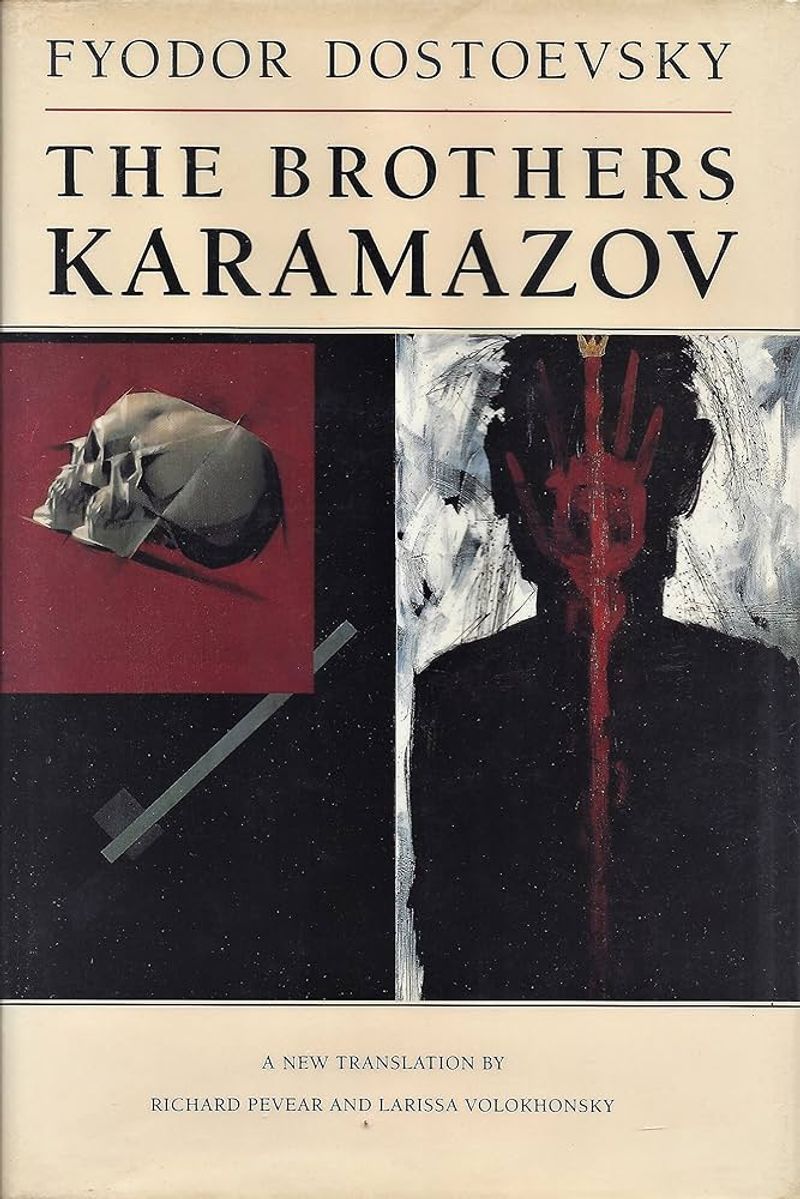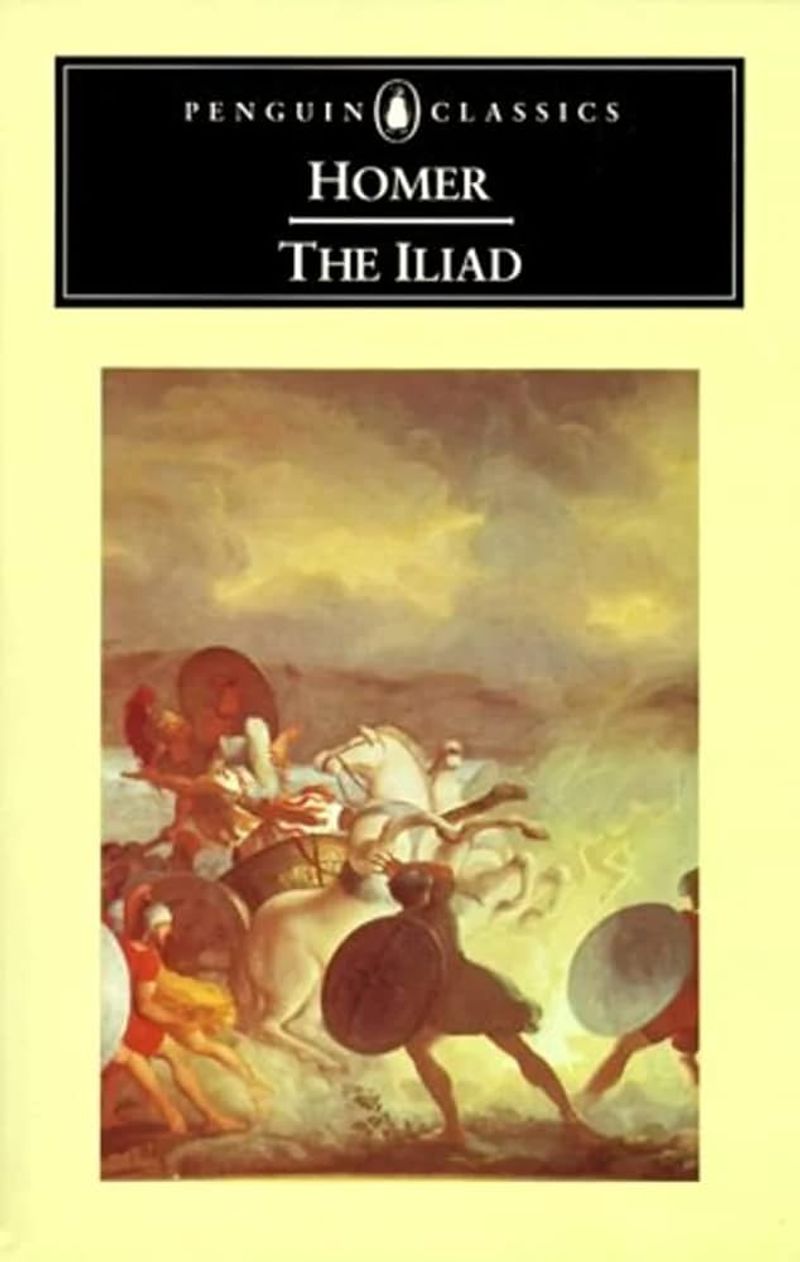In the world of literature, some long tomes are celebrated more for their reputations than their readability.
Here are five books often deemed overrated, followed by eleven masterpieces truly deserving of your time.
1. Atlas Shrugged by Ayn Rand
Is Ayn Rand’s ‘Atlas Shrugged’ a masterpiece or a monolithic narrative? Critics often find its philosophical dialogues verbose and characters lacking subtlety. Despite its influential status in certain circles, many readers struggle with its dense philosophical content, which can feel more like a lecture than a novel. Some argue its narrative is an exploration of self-interest and capitalism. However, for some, the heavy-handed approach makes it a challenging read. The book’s length and complexity can deter readers seeking a lighter narrative experience, overshadowing the story’s potential merits.
2. Moby-Dick by Herman Melville
Melville’s ‘Moby-Dick’ opens with the captivating tale of Ishmael’s maritime adventures. Yet, beneath the surface lies a labyrinth of digressions into whale anatomy and seafaring lore. These asides, rich in detail, often overwhelm readers seeking the narrative’s momentum. Some celebrate its depth and symbolism, while others find it a test of endurance. Despite its iconic status, its complexity can overshadow its adventurous spirit, making it a daunting task for many. It’s a classic where the pursuit of knowledge intertwines with an epic chase, challenging readers along the way.
3. The Da Vinci Code by Dan Brown
Dan Brown’s ‘The Da Vinci Code’ is a thriller that swept readers into a world of secret societies and art history. While the plot’s pace is relentless, some critique its simplistic prose and improbable twists. The book’s popularity doesn’t shield it from accusations of superficiality. For some, the allure of conspiracies and codes overshadows the narrative’s depth. Critics argue it prioritizes plot over substance, giving it a commercial rather than literary appeal. Despite its widespread readership, some view it as an easy read more than a profound literary work.
4. The Catcher in the Rye by J.D. Salinger
J.D. Salinger’s ‘The Catcher in the Rye’ is a staple of American literature. Its portrayal of adolescent angst and rebellion resonates with many, yet some find protagonist Holden Caulfield’s perspective unrelatable. The narrative’s introspective tone can seem monotonous to those seeking action-driven plots. Critics argue that its depth lies in existential themes rather than dynamic storytelling, making it polarizing. Its appeal is in its unique voice and timeless themes, though not every reader appreciates its subtlety. The book’s legacy endures, despite varied interpretations of its narrative impact.
5. The Secret by Rhonda Byrne
Rhonda Byrne’s ‘The Secret’ promises to unlock the mysteries of success through positive thinking. Critics, however, argue it offers simplistic solutions to complex life challenges. It advocates the law of attraction, suggesting thoughts can shape reality, a concept some dismiss as pseudoscience. Despite its best-selling status, the book faces criticism for lacking empirical support. It appeals to those seeking inspiration, but others find its approach overly simplistic. The allure lies in its promise of empowerment, though its methods provoke debate. It’s a divisive read, adored by some, questioned by others.
1. To Kill a Mockingbird by Harper Lee
Harper Lee’s ‘To Kill a Mockingbird’ is celebrated for its profound insights into racial injustice and moral courage. Set in the American South, the story unfolds through the innocent eyes of Scout Finch. Her father, Atticus, embodies integrity and empathy, challenging societal norms. The narrative shines a light on human dignity amidst prejudice. Its timeless themes of compassion and justice resonate deeply, making it a cornerstone of American literature. The novel’s exploration of humanity’s duality remains relevant, offering readers a lens to examine their own worldviews.
2. 1984 by George Orwell
George Orwell’s ‘1984’ offers a stark warning about totalitarianism and the loss of freedom. The novel’s chilling vision of a surveillance state resonates with modern readers. Through Winston Smith’s eyes, Orwell explores themes of control, truth, and individuality. The oppressive atmosphere is palpable, leaving a lasting impact on readers. Its portrayal of a world where truth is manipulated and history rewritten continues to be hauntingly relevant. The narrative’s power lies in its ability to provoke thought and reflection on societal issues, cementing its place as a pivotal literary warning.
3. Crime and Punishment by Fyodor Dostoevsky
Fyodor Dostoevsky’s ‘Crime and Punishment’ delves into the psyche of Raskolnikov, a man tormented by guilt and morality. The novel’s exploration of crime, redemption, and existential angst captivates readers. Set against a backdrop of poverty-stricken St. Petersburg, the narrative probes the human conscience. Dostoevsky’s intricate characters reflect societal struggles, making the story timeless. It challenges readers to ponder the nature of justice and the possibility of redemption. The novel’s depth and psychological insight ensure its enduring relevance, offering a profound exploration of human motivations and ethics.
4. The Picture of Dorian Gray by Oscar Wilde
Oscar Wilde’s ‘The Picture of Dorian Gray’ weaves a tale of vanity and moral corruption. Dorian’s descent into decadence is mirrored by his unchanging portrait, a symbol of his soul’s decay. Wilde’s wit and critique of society shine through, exploring themes of beauty and consequence. The narrative’s elegance contrasts with its dark undercurrents, engaging readers with its moral complexity. It’s a story of superficial allure versus inner rot, making it profoundly thought-provoking. Wilde’s only novel remains a testament to his literary prowess, challenging readers to reflect on the nature of art and ethics.
5. Pride and Prejudice by Jane Austen
Jane Austen’s ‘Pride and Prejudice’ captivates with its wit and social commentary. The story follows Elizabeth Bennet as she navigates love and class in Regency England. Austen’s keen observations on society and human behavior resonate with readers. Her characters, rich in complexity, reflect timeless themes of romance and self-discovery. The narrative’s charm lies in its balance of humor and critique. It’s more than a love story; it’s a reflection on societal norms and personal growth. Austen’s work endures, offering insight into both historical context and universal truths about relationships.
6. The Great Gatsby by F. Scott Fitzgerald
F. Scott Fitzgerald’s ‘The Great Gatsby’ paints a vivid picture of the American Dream’s allure and disillusionment. Set in the roaring twenties, it follows Jay Gatsby’s pursuit of wealth and love. The novel’s opulent settings and tragic undertones captivate readers. Through Nick Carraway’s eyes, Fitzgerald critiques the era’s superficiality and moral decay. The narrative’s elegance and depth offer insight into ambition and identity. Its exploration of idealism versus reality makes it a timeless masterpiece, reflecting on the cost of dreams and the nature of aspiration.
7. Anna Karenina by Leo Tolstoy
Leo Tolstoy’s ‘Anna Karenina’ intricately weaves the lives of its characters within the tapestry of Russian society. The novel’s exploration of love, fidelity, and societal norms is profound. Anna’s tragic story unfolds amidst a backdrop of rigid social expectations. Tolstoy’s rich narrative delves into human emotion and consequence, making it both timeless and compelling. The novel’s depth lies in its portrayal of personal desires clashing with societal constraints. Its complex characters and moral dilemmas engage readers, offering a reflection on the intricacies of human relationships and societal pressures.
8. One Hundred Years of Solitude by Gabriel García Márquez
Gabriel García Márquez’s ‘One Hundred Years of Solitude’ is a literary marvel of magic realism. The Buendía family’s saga unfolds in the fictional town of Macondo, blending myth with history. Márquez’s narrative captivates with its imaginative storytelling and profound themes. The novel explores solitude, destiny, and the cyclical nature of history. Its rich tapestry of characters and interconnected stories offer a unique reading experience. Márquez’s writing transcends time and place, inviting readers into a world where reality and fantasy coexist. It’s a masterpiece that challenges perceptions and captivates the imagination.
9. Beloved by Toni Morrison
Toni Morrison’s ‘Beloved’ is a haunting exploration of slavery’s legacy and the complexities of motherhood. Set after the Civil War, the narrative intertwines the past and present of Sethe, a former enslaved woman. Morrison’s lyrical prose captures the struggle between memory and healing. The novel’s depth lies in its portrayal of trauma and resilience. Its characters, rich in emotion and history, offer a profound examination of identity and community. ‘Beloved’ challenges readers to confront uncomfortable truths, making it an essential work in understanding the human condition and historical legacy.
10. The Brothers Karamazov by Fyodor Dostoevsky
Fyodor Dostoevsky’s ‘The Brothers Karamazov’ navigates the complexities of faith, doubt, and morality within a family saga. The novel’s philosophical depth is matched by its intricate character development. It explores themes of free will and redemption, offering a profound reflection on human nature. Set in 19th-century Russia, the narrative weaves personal struggles with broader existential questions. Dostoevsky’s mastery of the human psyche captivates readers, challenging them to ponder life’s moral and ethical dilemmas. Its enduring relevance and intellectual rigor make it a cornerstone of world literature, engaging minds and souls.
11. The Iliad by Homer
Homer’s ‘The Iliad’ stands as a monumental work of ancient literature, depicting the heroism and tragedy of the Trojan War. Its epic narrative delves into themes of honor, fate, and the human cost of conflict. The poem’s vivid imagery and timeless storytelling captivate readers across generations. Characters like Achilles and Hector embody the complexities of heroism and mortality. The narrative’s blend of myth and history offers a profound exploration of human nature and destiny. Its enduring influence on literature and culture continues to resonate, inviting readers into a world where gods and mortals intertwine.
